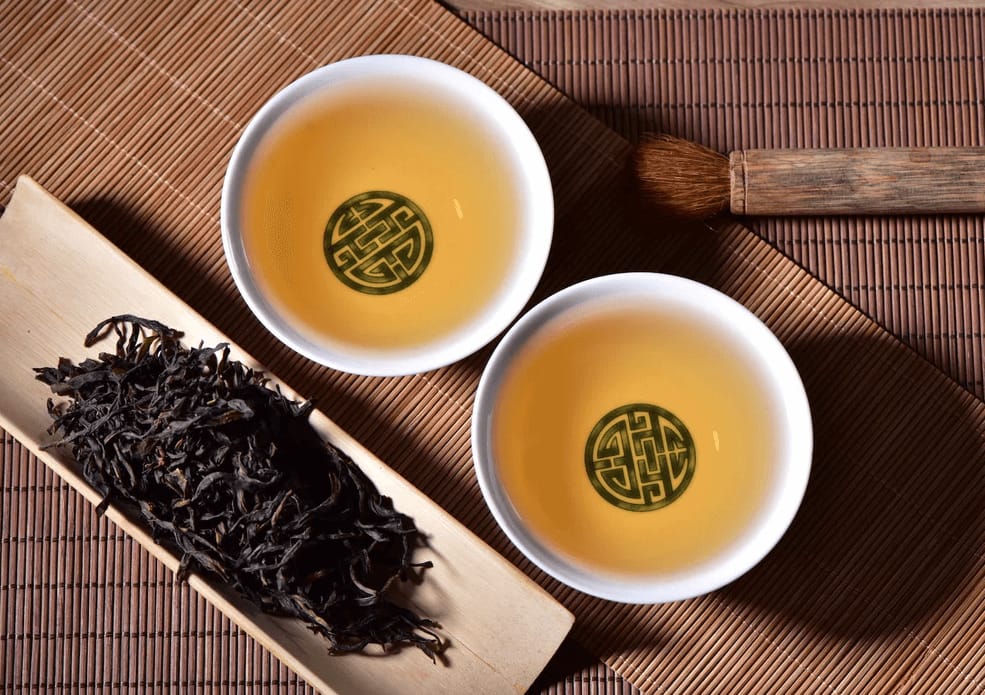- Thriving Guide
- Posts
- Oolong Tea Benefits for Metabolism and Fat Burning
Oolong Tea Benefits for Metabolism and Fat Burning
This traditional tea may naturally boost energy, burn fat, and improve gut health when enjoyed as part of a healthy lifestyle.

Oolong tea, known for its rich, floral flavor, is gaining attention for its potential role in weight management and metabolism support. Made from the same plant as green and black tea, oolong is partially oxidized, giving it a unique nutrient profile packed with antioxidants, polyphenols, and moderate caffeine.
1. Boosts Your Metabolism
Oolong tea contains catechins, including epigallocatechin gallate (EGCG), which may slightly boost metabolism. A more active metabolism can help your body convert food into energy more efficiently, potentially aiding weight loss.
2. Encourages Fat Burning
Research suggests that drinking oolong tea may enhance fat oxidation. In one small study, participants who drank oolong tea for two weeks experienced a 20% increase in fat breakdown compared to those who consumed a placebo. While caffeine plays a role, oolong’s natural compounds may contribute to this effect.
3. Supports Blood Sugar Control
Stable blood sugar levels are crucial for managing weight and preventing energy crashes. Antioxidants in oolong tea may improve insulin sensitivity and lower blood sugar levels, similar to benefits observed with green and black teas.
4. Helps Curb Appetite
Oolong tea, derived from Camellia sinensis, may influence hunger hormones like ghrelin and leptin. Drinking a cup before meals may help you feel fuller and reduce the urge to overeat, although more research specific to oolong tea is needed.
5. Improves Gut Health
A healthy gut microbiome supports better digestion and weight control. The polyphenols in oolong tea act as prebiotics, feeding beneficial gut bacteria and promoting short-chain fatty acids that help your body burn fat more effectively.
6. Reduces Inflammation
Chronic, low-grade inflammation is often linked to weight gain and metabolic issues. Oolong tea’s antioxidant-rich polyphenols and polysaccharides may help reduce inflammation and support overall metabolic health.
7. Increases Energy and Focus
With about 38 mg of caffeine per cup, oolong tea provides a gentle energy boost—less than coffee but enough to improve focus and endurance. This may help you stay active and burn more calories throughout the day.
How to Drink Oolong Tea
Steep correctly: Use hot (not boiling) water and steep for 3–5 minutes for optimal flavor and nutrients.
Avoid added sugar: For weight-loss benefits, enjoy it plain.
Timing: Drink it in the morning, before a workout, or 30 minutes before meals to take advantage of its appetite-suppressing effects.
Limit intake: Keep total daily caffeine below 400 mg to avoid jitteriness or sleep issues.
Nutritional Highlights
Oolong tea is naturally calorie-free and contains a variety of vitamins and minerals, including magnesium, potassium, and small amounts of vitamins A, C, E, and K.
Potential Side Effects
Drinking too much oolong tea can lead to caffeine-related effects such as insomnia, increased heart rate, or digestive discomfort. Moderation is key.
Oolong tea is not a magic weight-loss solution but can be a helpful addition to a balanced diet and regular exercise.
Share this article or subscribe to our newsletter for more health insights.